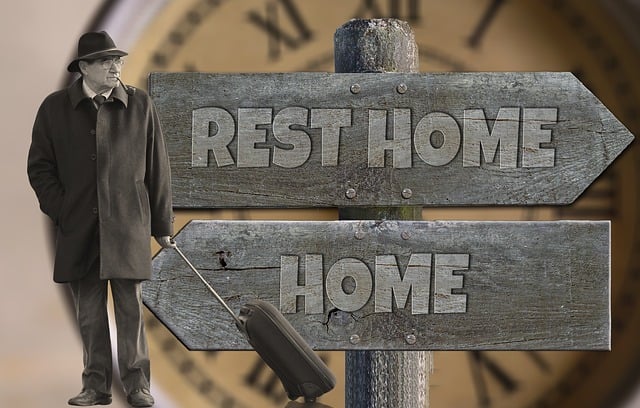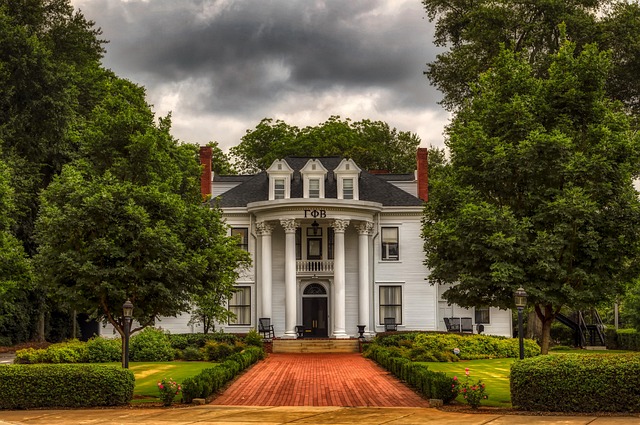Georgia residents in nursing homes have legal protection against sexual abuse. Consulting specialized nursing home sexual assault lawyers is crucial for justice. These attorneys navigate state laws, gather evidence, and advocate for clients' rights. Relatives must watch for behavioral or physical signs of abuse. Choosing a reputable firm with expertise in Georgia's elder care laws ensures the best legal representation.
Finding Justice for Nursing Home Sexual Abuse Victims in Georgia
If you or a loved one have experienced sexual abuse while residing in a nursing home in Georgia, it’s crucial to understand your legal rights. This article guides you through the complex process of seeking justice with a dedicated nursing home sexual assault lawyer. We explore Georgia’s laws, signs of potential abuse, and offer insights on choosing the right attorney from top-rated nursing home sexual assault law firms. Take action and protect your rights today.
Understanding Nursing Home Sexual Assault Laws in Georgia

In Georgia, nursing home residents have legal protection against sexual abuse and assault, with state laws in place to hold facilities accountable for the safety of their inhabitants. If a resident has been subjected to sexual misconduct or assault within a nursing home setting, they may seek justice through the legal system. The first step is to consult with a specialized nursing home sexual assault lawyer Georgia who understands the intricate details of these laws and the unique challenges that such cases present. These attorneys are equipped to provide guidance and represent victims’ rights, ensuring they receive fair compensation for any harm suffered.
Georgia’s legal framework pertaining to nursing home sexual assault is designed to protect vulnerable residents and promote accountability. This includes specific regulations regarding consent, as well as provisions for reporting and investigating incidents of abuse or assault. Recognized nursing home sexual assault law firms Georgia have the expertise to navigate these complexities, gathering evidence, interviewing witnesses, and advocating on behalf of clients to secure their legal rights and justice under the law.
Identifying Signs of Sexual Abuse in Long-Term Care Facilities

Identifying signs of sexual abuse in long-term care facilities is a critical aspect of ensuring the safety and well-being of residents, many of whom may be vulnerable due to age or health conditions. The first step for relatives or caregivers is to remain vigilant. Look out for unusual behavior changes such as increased anxiety, withdrawal from social activities, or sudden changes in sleeping patterns. These could indicate that something is amiss.
Physical signs, though not always present, can also signal abuse. These include unexplained bruises, scratches, or other injuries. Additionally, a resident’s unexpected resistance to being bathed or dressed could be a red flag. It is essential to approach these situations with sensitivity and empathy while remaining alert to potential indications of sexual assault within nursing homes. Consulting with a nursing home sexual assault lawyer Georgia or a specialized law firm can provide guidance on how to navigate such complex issues legally and ethically.
Navigating Legal Options: Choosing the Right Attorney

When considering legal action against a nursing home for sexual abuse, choosing the right attorney is a crucial step in navigating your options effectively. In Georgia, there are specialized law firms and attorneys dedicated to handling such cases with sensitivity and expertise. These professionals have extensive knowledge of state laws pertaining to elder care and rights, which are critical when pursuing justice for victims of sexual assault within nursing homes.
A reputable nursing home sexual assault lawyer in Georgia will possess a deep understanding of the legal complexities involved in these matters. They should be adept at gathering evidence, interviewing witnesses, and constructing a strong case to hold the responsible parties accountable. Moreover, they can guide clients through various legal options, ensuring the best course of action is taken according to Georgia’s specific laws and regulations related to nursing home oversight and resident rights.




